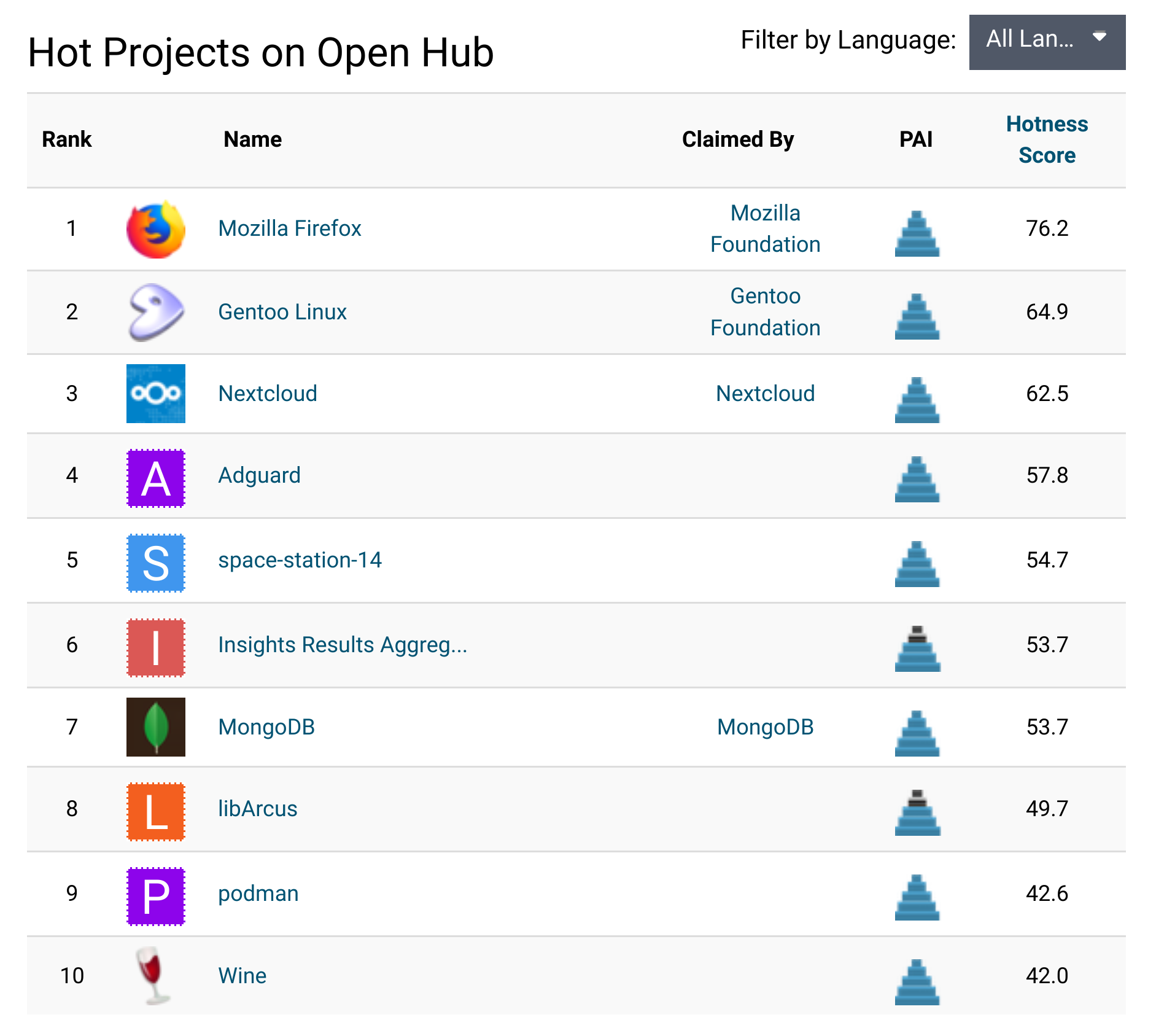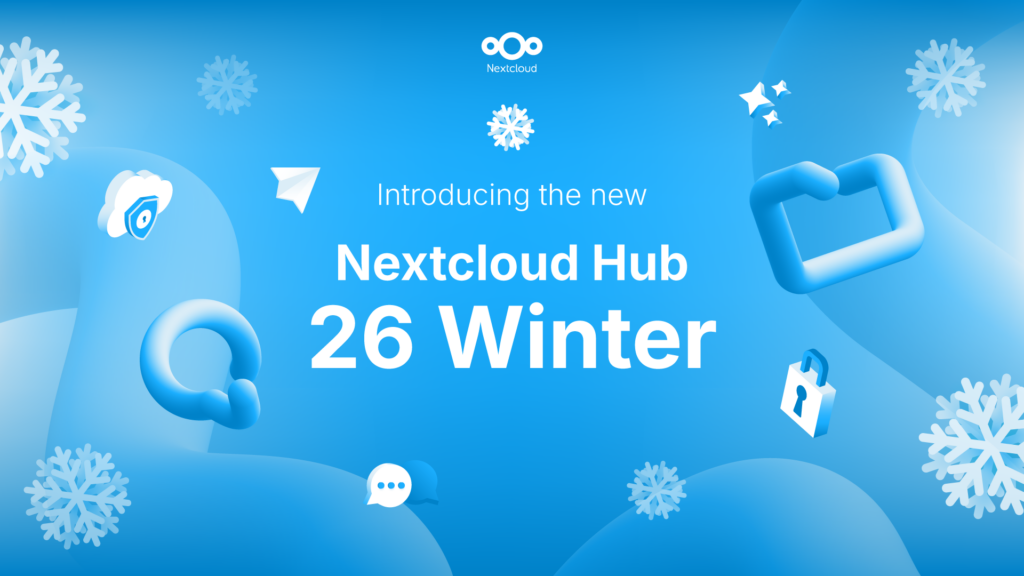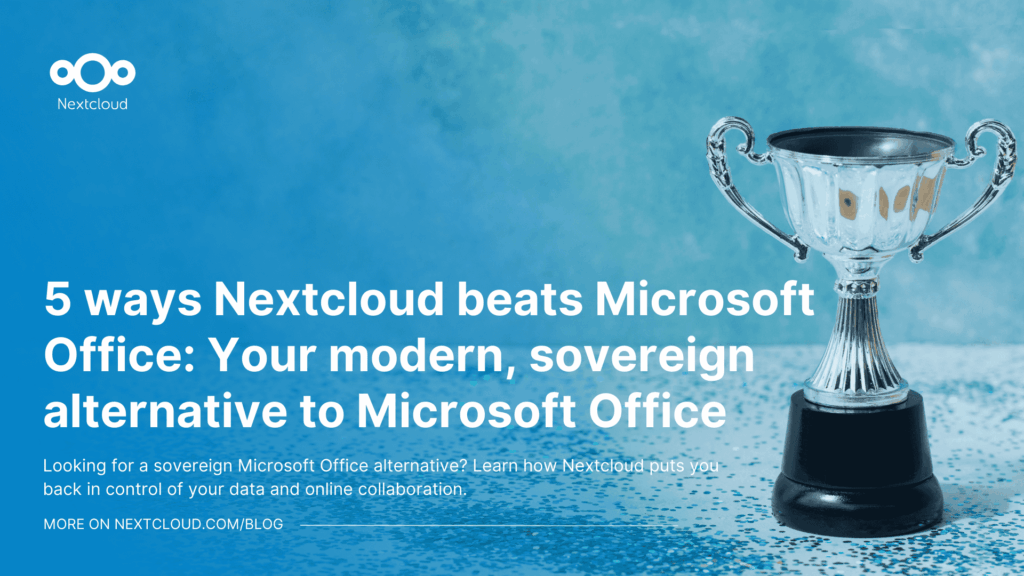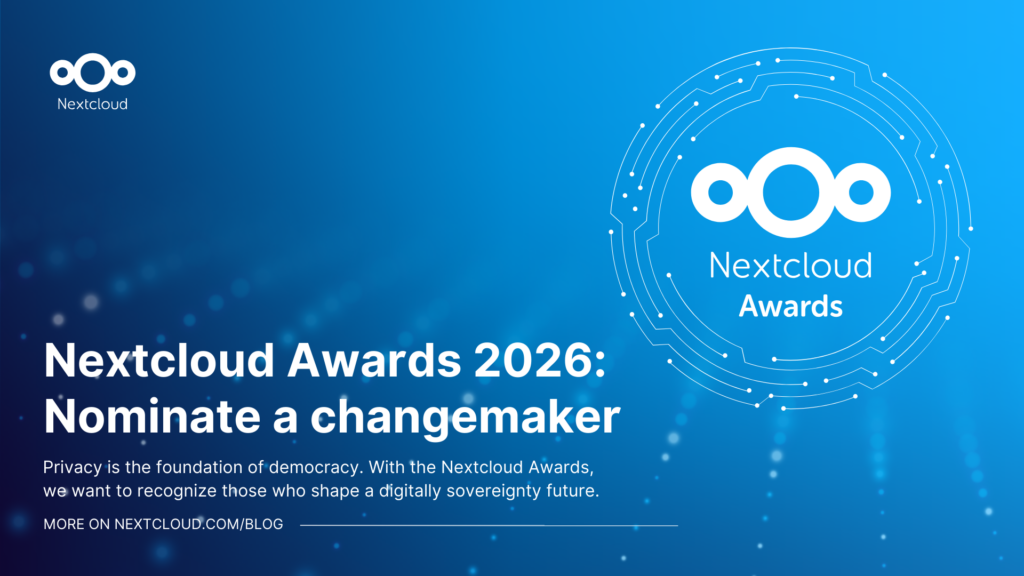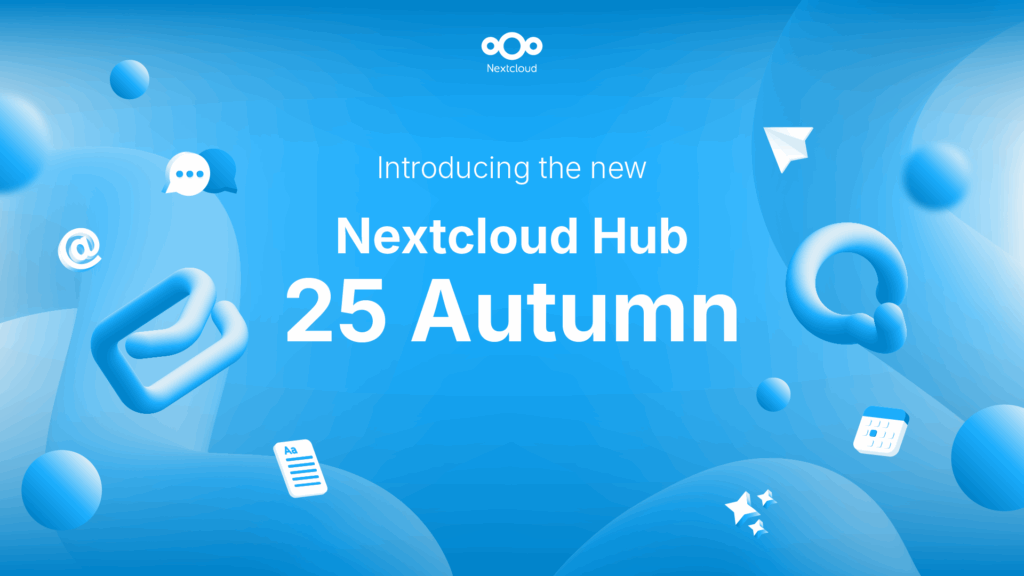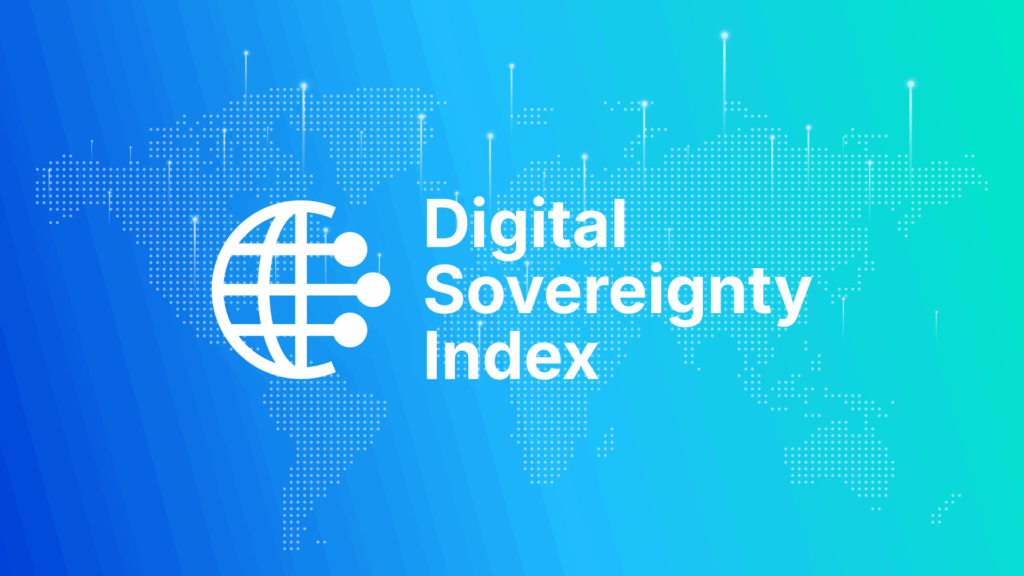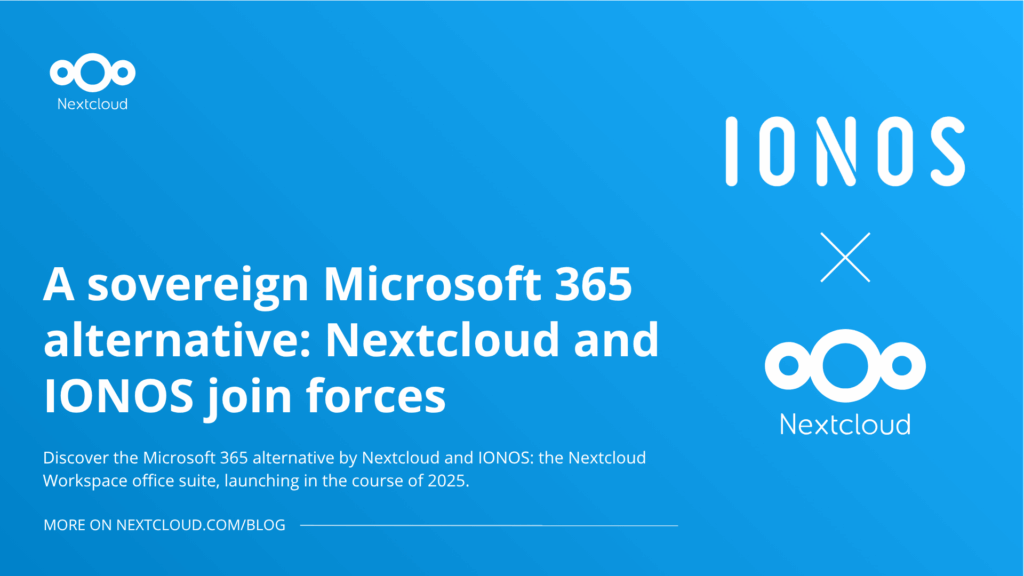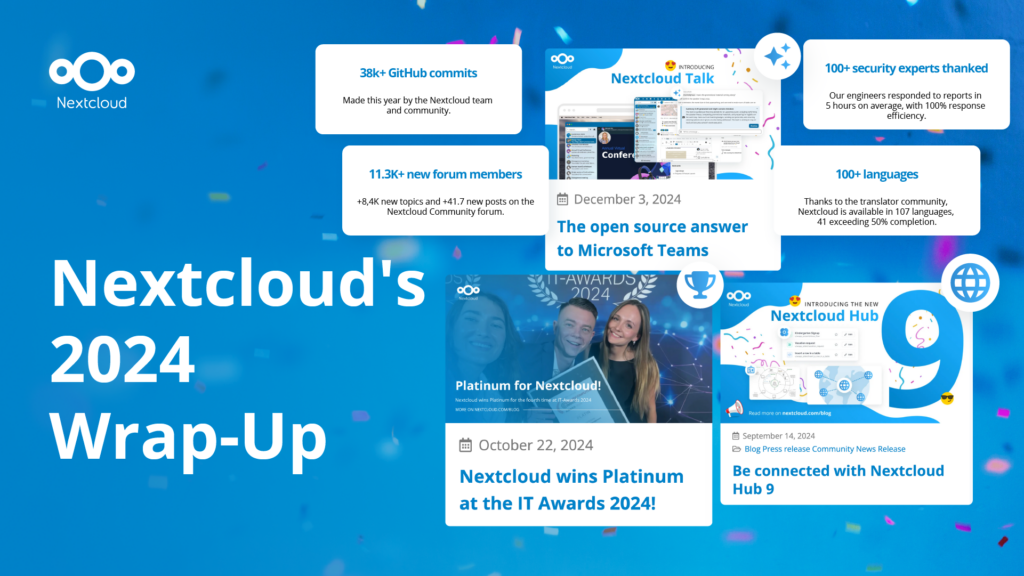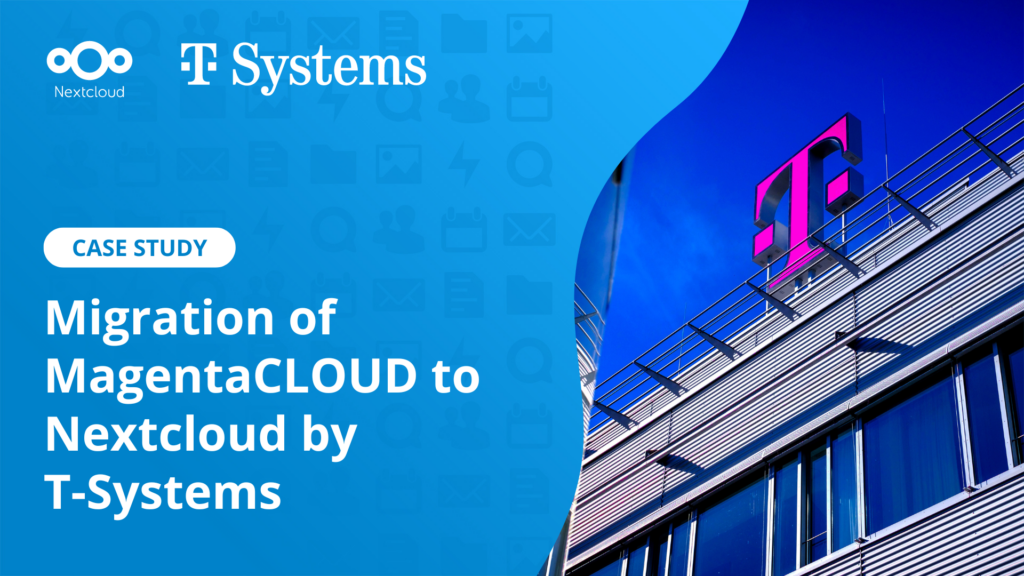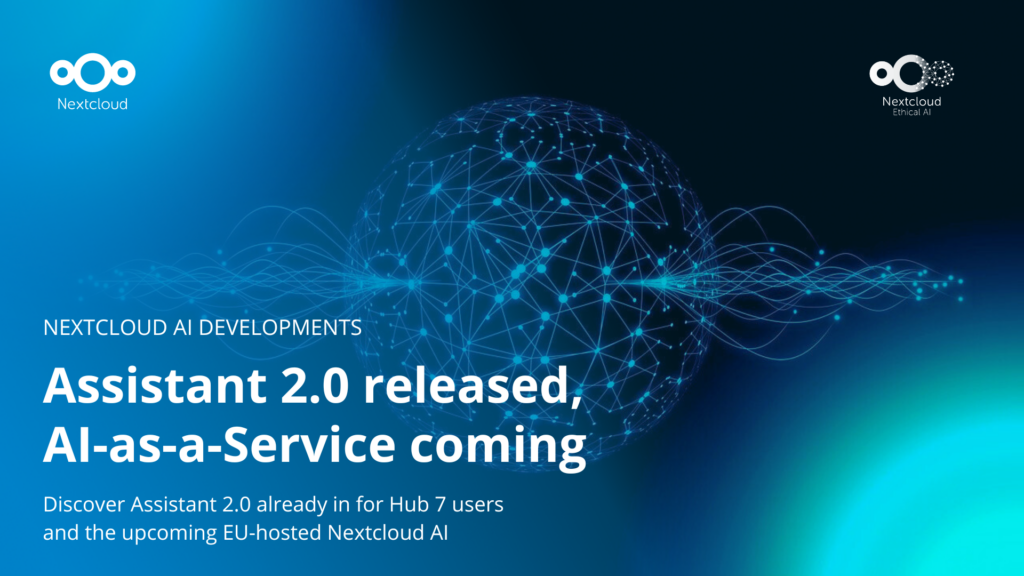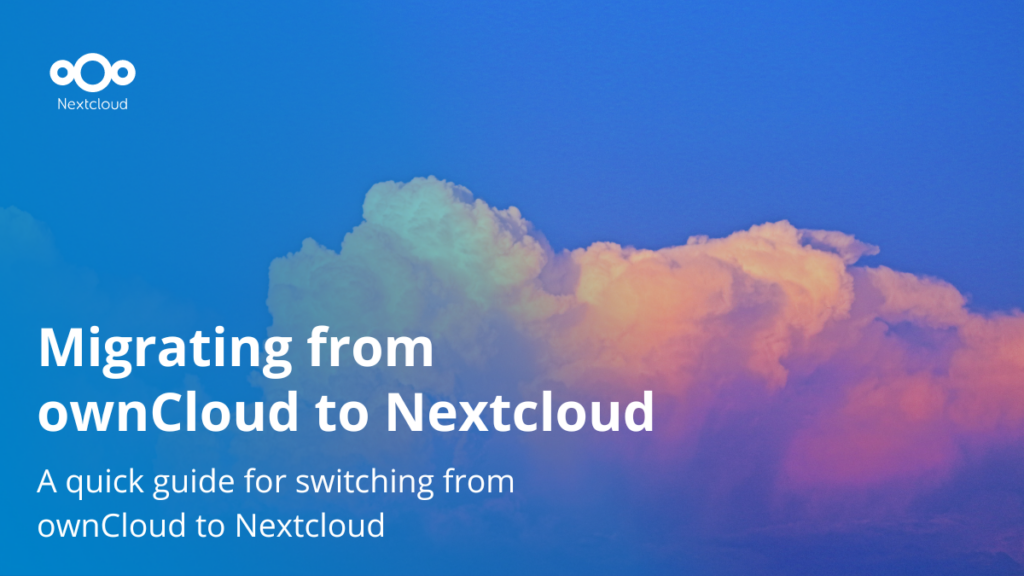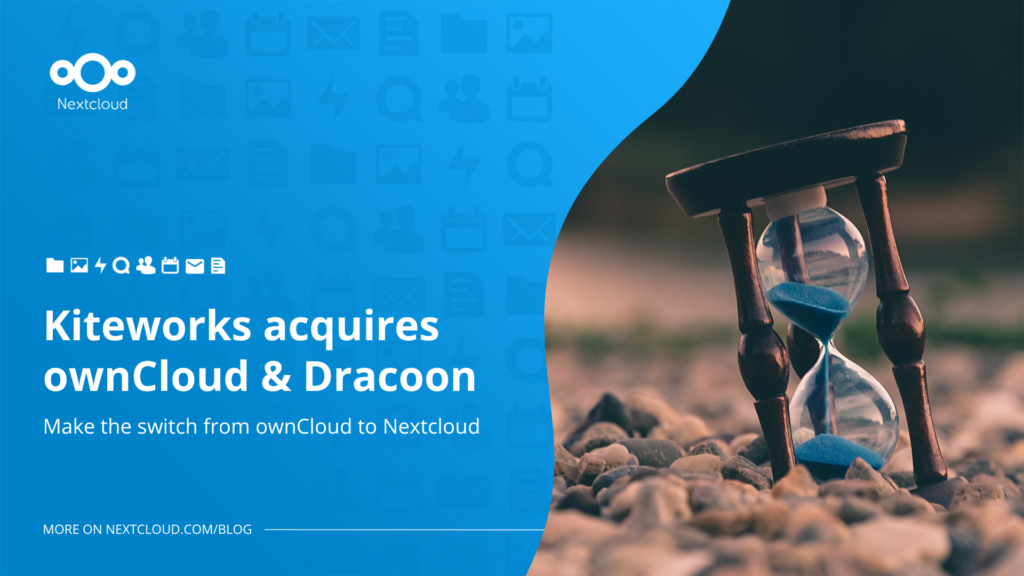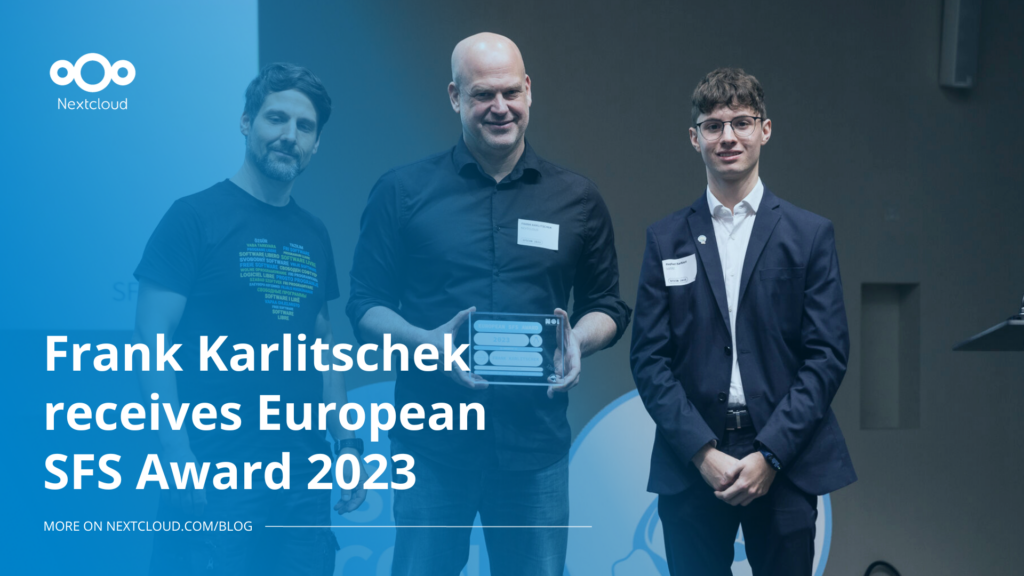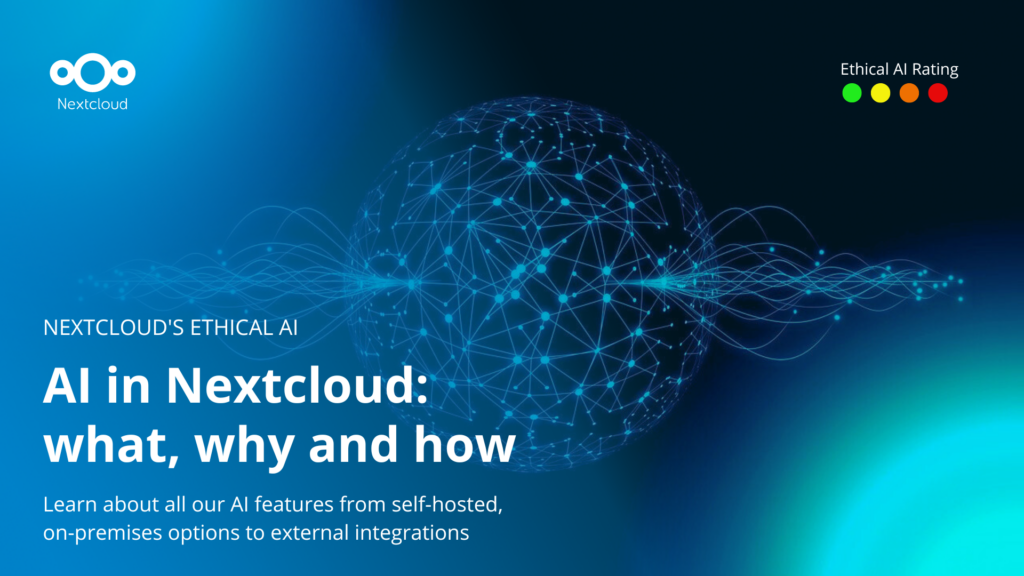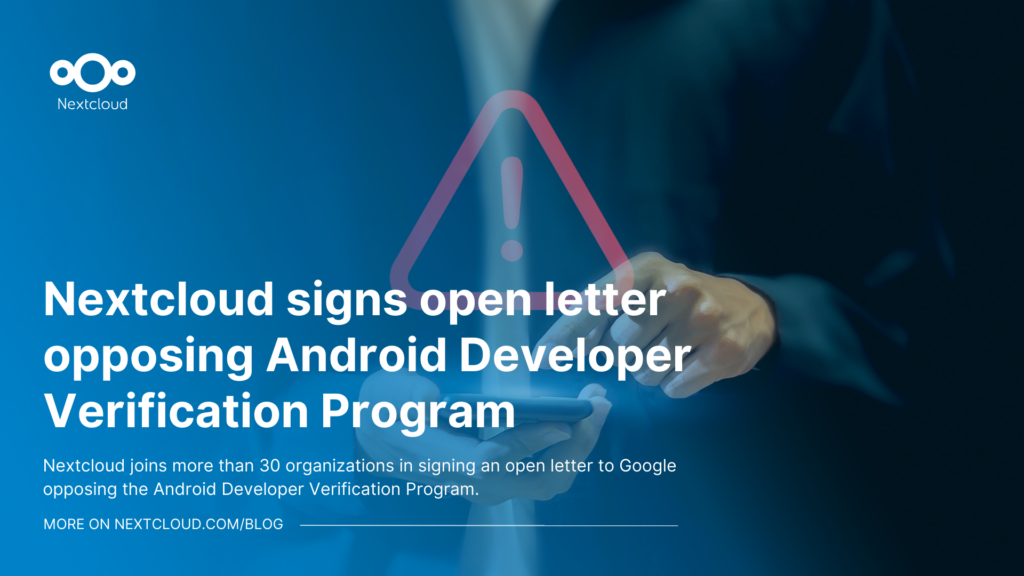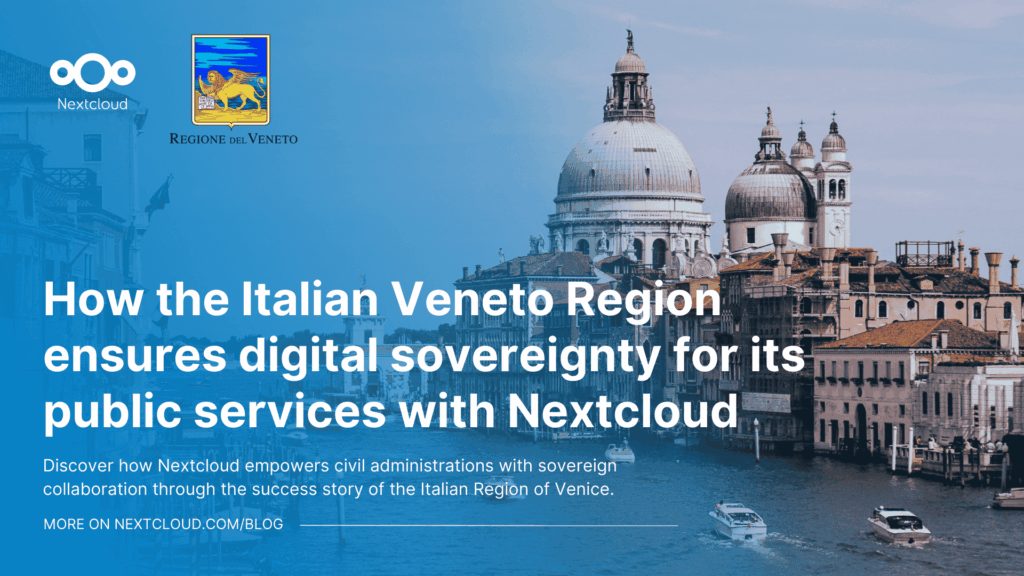You are in control!
Where the big tech players like Google, Microsoft, and Facebook aim to lock you into their platforms, we want to give YOU control. Thanks to user migration, you can decide where to host your data – and change your mind! You can upgrade from your Raspberry Pi to a hosted solution, or bring your data back home again.
For businesses, this provides an important compliance benefit as more and more privacy regulations require that users are able to easily export their data from hosted services. For large enterprises, the migration feature enables us to provide a series of new, powerful features, information on which will be made available over the following months.

